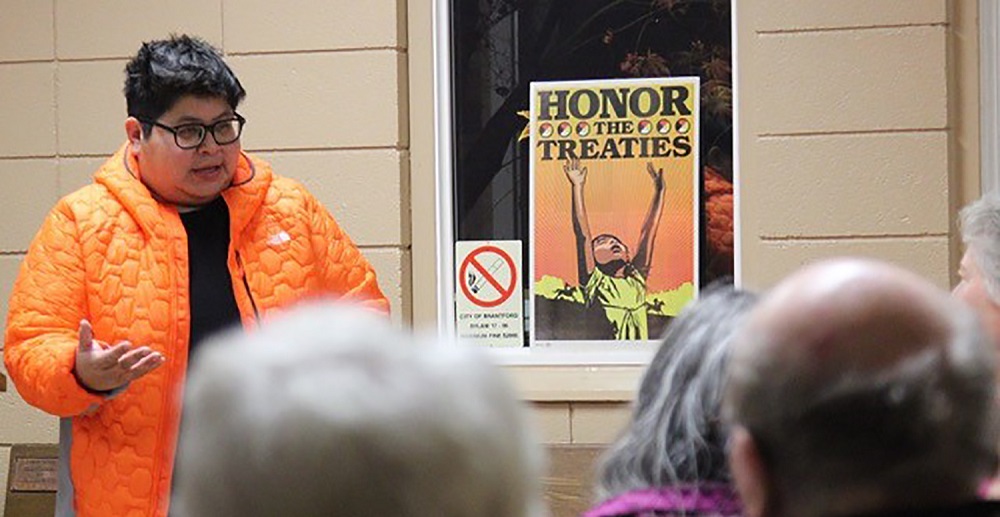
In a surprising move, leaders from the Canadian Catholic Church issued a formal apology last week for its role in the abuses that took place at residential schools across Canada, where thousands of Indigenous children were harmed or killed from the mid-1850s until the last school closed down in 1997.
The apology came just one week before the first-ever national Truth and Reconciliation Day on Sept. 30, a newly-established federal holiday aimed at reflecting on the harmful legacy residential schools left on Indigenous people.
And although the truth and reconciliation report mentions church apologies and reconciliation in calls 58 to 61, the recent apology from the Canadian Conference of Catholic Bishops does not actually meet any of the requests in calls to action 58 to 61.
Call to action 58 actually asks the Pope to issue an apology to Survivors, their families, and communities for the Roman Catholic Church’s role in the spiritual, cultural, emotional, physical, and sexual abuse of First Nations, Inuit, and Métis children in Catholic-run residential schools.
“We call for that apology to be similar to the 2010 apology issued to Irish victims of abuse and to occur within one year of the issuing of this Report and to be delivered by the Pope in Canada,” the call to action reads in the final paragraph.
That has yet to happen.
The truth and reconciliation report is the final summation of the national Truth and Reconciliation Commission, which held an inquiry into residential schools from 2008 to 2015 and ended with 94 Calls to Action aimed at addressing the harmful legacy of residential schools.
The latest apology is a case of too little, too late, a sentiment shared by Rosalyn Elm, minister at St. John’s Anglican Church on Six Nations.
“I think it’s a step in the right direction, but I can’t help but be disappointed at the same time,” said Elm. She’s disappointed that it’s been “such a long time coming.”
Elm, who is Oneida, grew up with teachings from both the Anglican Church and traditional Haudenosaunee Longhouse teachings.
The Anglican Church established itself on Six Nations in the 1700s.
“There is a long history between the Church of England and the Monarchy,” said Elm, noting, “the Mohawk people were allies to the Crown. The (traditional) leaders of that time became very well-versed in scripture.”
The relationship led to the establishment of five Anglican churches on Six Nations.
She said the relationship between the Anglican church and Six Nations has been one of “highs and lows.”
Currently, the Anglican parishes on Six Nations hold a number of cultural and healing programs.
One of them is Brighten the Spirit, a suicide prevention, awareness and healing program. Another program promotes language and culture and hosts writing classes, water drum making, and social dances.
Music for the Spirit is another local program, bringing together Lutherans, Anglicans and traditional people to bring music to children of all ages.
“They are taking over St. Peter’s Parish making it a place of reconciliation, a place of healing, where young people can change the face of what might have been seen as an oppressive place,” said Elm.
The Anglican church conducts a traditional opening prayer and they incorporate traditional teachings as well as Biblical teachings.
The Anglican church’s past is tied to Six Nations in darker ways.
The Anglican church, which issued an apology to residential school survivors in the 90s, ran the Mohawk Institute in Brantford, where many Six Nations residential school survivors attended.
After the discovery of thousands of formerly hidden children’s remains at residential school grounds across the country this past year, the Mohawk Institute is now the subject of a criminal investigation, with plans to search the grounds for any previously hidden graves.
Elm says the Anglican Diocese of Huron is more than willing to cooperate in the investigation.
“It continues to work in truth and reconciliation. It continues to open its records to Indigenous communities. The Diocese of Huron has communicated with elected council, offering any kind of assistance.”








